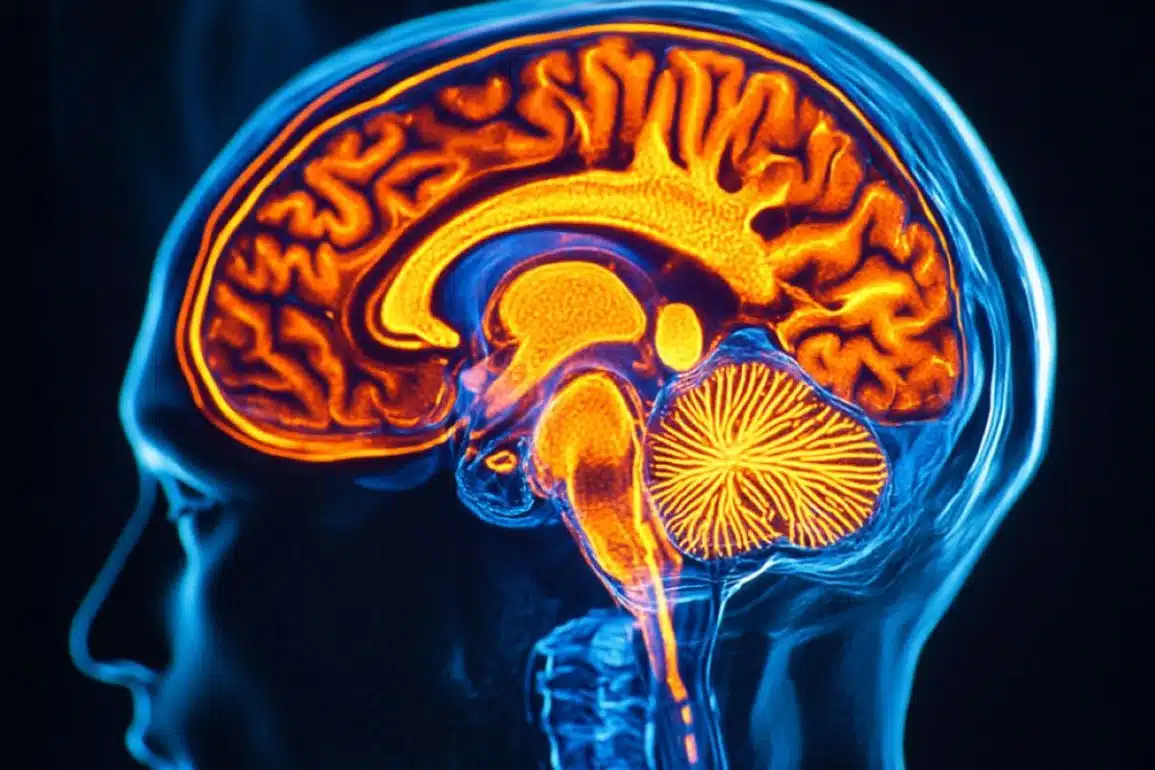Summary:
A new study has identified the vesicular nucleotide transporter (Vnut) protein as crucial for regulating mood and motivation in mice. Researchers found that removing Vnut from brain cells known as astrocytes led to increased anxiety, depression-like behaviors, and decreased motivation, especially in female mice. This discovery opens new pathways for understanding and potentially treating mood disorders by targeting dopamine regulation.
Key Insights from the Study
- Anxiety and Depression: Removing Vnut from astrocytes resulted in anxiety and depressive-like behaviors in mice.
- Gender-specific Motivation Loss: Female mice lacking Vnut showed lower motivation to pursue rewards—behavior often linked to clinical depression in humans.
- Dopamine Deficiency: The behavioral changes were tied to reduced dopamine levels, a neurotransmitter crucial for motivation and emotional balance.
The Science Behind Vnut’s Role in Mental Health
Researchers from the University of Kentucky played a leading role in this study, published in Molecular Psychiatry. Dr. Weikang Cai, a principal investigator supported by the National Institute of Mental Health, collaborated with Dr. Qian Huang to explore the function of astrocytes—brain cells that communicate with neurons by releasing molecules like ATP, the cell’s energy carrier.
The team sought to determine if Vnut-mediated ATP release plays a significant role in brain function. When the researchers removed Vnut from astrocytes, they found no changes in brain structure, metabolism, or memory. However, behavioral tests revealed critical impacts on anxiety, motivation, and depression-like symptoms.
Behavioral Findings from the Study
- Open Field Tests: Female mice without Vnut spent more time near walls than in open spaces, suggesting increased anxiety.
- Reward Tests: When challenged with tasks requiring multiple attempts to earn sucrose food pellets, normal mice persisted. However, female mice without Vnut gave up quickly, indicating reduced motivation for rewards—a common symptom of depression.
Implications for Future Research and Treatments
“This discovery helps us understand how specific proteins in certain brain regions influence emotions and behavior,” said Dr. Cai. The findings underline the connection between Vnut and dopamine regulation, with significant implications for developing treatments targeting mood disorders.
Understanding how astrocyte proteins regulate emotional responses could pave the way for new therapeutic strategies for conditions like anxiety and depression.
This study offers groundbreaking insights into the molecular basis of motivation and mood, with promising potential for future research in neuroscience and psychiatry.

















+ There are no comments
Add yours